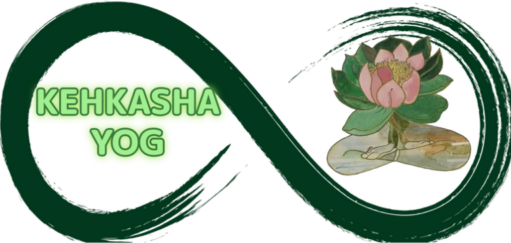
Yudhishtir was the eldest amongst the Pandavas. He was called Dharmaraja. This term may indicate us the virtues’ riches gave Him the title. Let us see an incident which shall prove it.

After Pandavas lost their father, Pandu, they returned back to Hastinapur, with their Mother Kunti. They were young enough. In Hastinapur, all the Kauravas were in royal robes. Soon the cousins were sent to Gurukul, for education.

The education system of ancient India was based on character building and morality. Guru Dronacharya taught them everything with dedication. The humble character of the Pandavas made him love them more.

One day, Guru Dronacharya had to go for some urgent task, for a week. He asked his students to learn a prose out of the texts.

Duryodhana, eldest of the Kauravas, and Ashwatthama, Guru Drona‘s son, had intimate friendship. This friendship was out of grudges for the Pandavas. They backbit, and humiliated their humility. The competition, in studies was baleful. Despite, this detrimental attitude, the modesty of the Pandavas remained unstirred.
Ashwatthama and the Kauravas assembled together, and learned the proses, with zeal. Yudhishtir called His brothers, clustered together and carried out their discussions.

Guru Drona returned back after seven days, and asked about the progress. He asked Duryodhana. With a keen spirit, he puked out all the proses. At last, the Pandavas were asked. Yudhishtir answered that they had learned a single line of the prose.
Listening the reply, Guru Drona was annoyed. He could not believe his ears. He started mortifying them. All sorts of idioms slipped out of his tongue, to embarrass them; amidst their colleagues. Ashwatthama and Kauravas guffawed at them, for hours. But, the Pandavas were tranquil. The gush of humiliations enhanced the smiles on their faces. Even Bheema was smiling, without a speck of retaliation.
Guru Dronacharya could not believe his senses. He was perplexed, seeing the attitude of the Pandavas.
He became submissive, and asked them to quote the line, they had learned.

All the five recited the line, in an accord.
“Kopaat Nivrittih Paramah”
which means, CONQUERING THE ANGER IS SUPREME.

MORAL- They practiced and realized what they learned.

This was one of the supreme qualities of the Pandavas. These morals made them the personalities of virtues, and the Eternal form of Sri Krishna lived with them in deep proximity. Pandavas and Sri Krishna were cousins. Sri Krishna called Arjuna “Partha” and Yudhishtir “Agraja”.

The rectitude made Yudishtir earn the title.

Such were the decendents of Ved Vyasa Ji, enriched with ethics.

Now, Let us understand another important of Existence, the soul.

There is a serious need to understand the difference between Paramaatma, Jeevaatma and Aatma.

The term Aatma has numerous translations in various languages. In English, as soul, in Arabic, as Ruh, ad in Sanskrit, with the root verb,‘Ap’ and term ‘Aatman’.

But, according to basic linguistic understanding, the suffix suggests that it should be a feminine term. This can be elaborated with a verse from Quran, which suggests that Allah loves us all, seventy times more than a Mother’s love. Mother renders us unconditional love. Hence proved, Aatma is the Mother.

Now, let us go to Jeevaatma and Paramaatma. The difference lies in the minds. The person who understands distinct individualities, and other person, with healthier virtues, as Paramaatma, is Jeevaatma. He constraints Himself into anthropocentric boundaries, that is the Jeeva. But, Paramaatma sees the Self in all creatures and creations on the planet. The mind surrendered to the Self becomes Supreme, that is Param.

May this understanding descend unto us.

Awesomely written the story…Keep up the good work Priya 👏👏👌👌